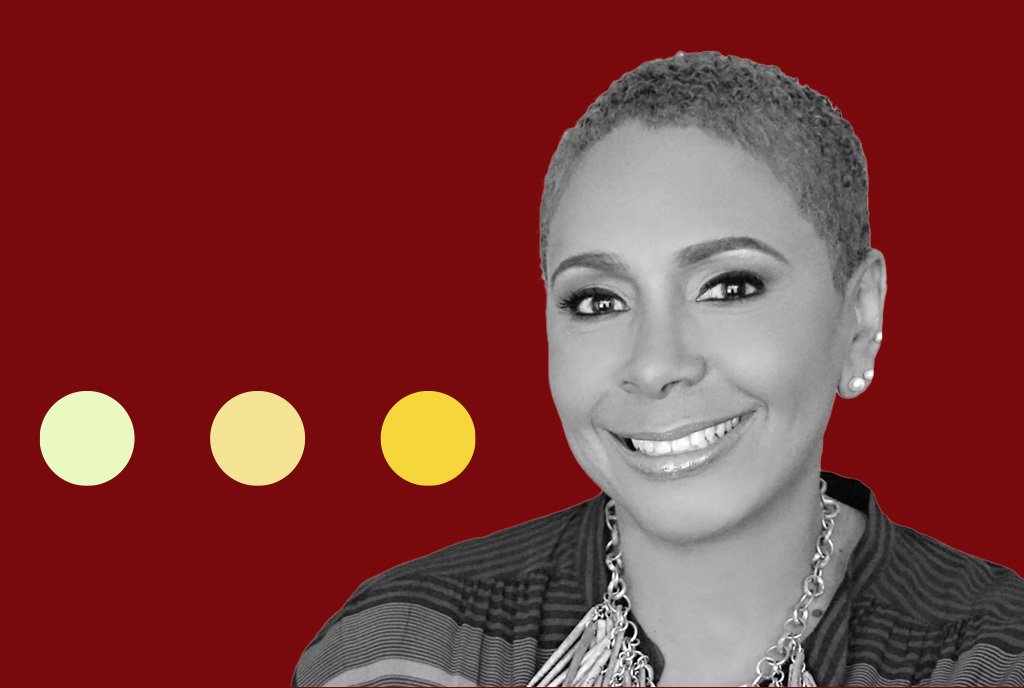Samantha Arko was just eight years old and about to start the third grade when she had her first troubling signs that something was wrong. She started having painful stomach cramps and when she spotted blood in the toilet, she went right to her parents.
“It was terrifying,” said Michael Arko, Samantha’s dad. “Immediately your thoughts go to cancer and then when you find out it’s not cancer you’re relieved, but it’s this other thing we have no knowledge of.”
Fortunately, Dr. Melissa Redleaf, Samantha’s pediatrician, had an inkling of what might be wrong and ordered a colonoscopy at Phoenix Children’s Hospital.
The colonoscopy proved that Samantha had inflammatory bowel disease (IBD), an umbrella term that describes disorders involving chronic inflammation of tissues in the digestive tract. It includes disorders such as ulcerative colitis, what Samantha has, and Crohn’s disease. The illnesses are managed with medication and diet but there is currently no cure.
Samantha is an Ashkenazi Jew, which increases her risk of developing an IBD disorder. Citing a study published in Nature Communications, Dr. Theresa Grebe explained that there is a two- to four-fold increased risk of developing IBD in the Ashkenazi Jewish population. Grebe is the medical director for the Minkoff Center for Jewish Genetics, a nonprofit organization based in Scottsdale that seeks to provide awareness, education and screening for Jewish genetic diseases.
“We were very fortunate because Dr. Redleaf has seen these symptoms with other kids. A lot of times IBD’s not correctly diagnosed for several years, which can really exacerbate the condition,” explained Michael.
In the two years since her diagnosis, Samantha’s treatment has been trial and error. Doctors must try different medications until they find something that works, even if it’s only for a while. Though she hasn’t been hospitalized, she’s spent a lot of time at hospital visits, missed school and soccer tournaments — and experienced a lot of pain.
“As a parent, you feel helpless and that’s a terrible feeling,” Michael said.
But Samantha is a girl of action, and she decided there must be some way she could help others going through the same thing. She knew her parents were involved in philanthropy and sat on boards of organizations.
She turned to them and asked, “What can I do to help?”
The Arko family are members of two Scottsdale synagogues and Samantha is a regular camper at Camp Stein in Prescott, where she’s already spent part of this summer. At school, math and science are her favorite subjects and next fall she will attend Kiva Elementary School in Paradise Valley, where she tested into the comprehensive gifted program.
With the assistance of her parents, Samantha created the Inflammatory Bowel Disease Junior Board of Phoenix Children’s Hospital in 2022.
“I want to spread awareness and get this information out there because it’s more challenging for kids because less kids have it,” Samantha said. Most people are diagnosed in their 30s, though Dr. Brad Pasternak, Samantha’s gastroenterologist, said he’s seeing more young children with IBD.
Pasternak was “very impressed with Samantha’s motivation and dedication to the cause” as well as the unique patient- and friend-run program she created. His daughter is also on the junior board.
“It has given children a chance to experience philanthropy and support those with this chronic condition,” he said.
The board has created flyers and T-shirts to increase visibility. One of Samantha’s main concerns is that people who have it don’t like to talk about it. On the other hand, she is not inhibited at all.
“The more I talk about it with people, the more they tell me, ‘Oh, my dad has it,’ and stuff like that,” she said.
She and her fellow board members exchange ideas of ways they can spread the word as well as raise money for better treatments and possibly a cure. In March, a fundraising hike at the Phoenix Mountain Preserve raised $5,000. The board posts pictures on its Facebook page and texts people to spread the word.
Samantha is the president this year, but she and the others developed a system where they would rotate roles. Instead of voting, they pick titles out of a hat and nobody is forced to do something they don’t want to.
Though Samantha has never been hospitalized, she knows other kids who have, including a girl who has spent months at a time in the hospital. Thus, the junior board is also a way to offer emotional support to kids with IBD, a place they can share their personal experiences with others who get it on a gut level, so to speak.
“We knew we’d create awareness and raise some money, but it’s created this support group and for every new child that is diagnosed, information is passed along that there is this group that meets on a monthly basis,” Michael said.
Last winter, the board held a toy drive that brought in 75 presents. When kids with IBD are hospitalized, the doctors now have a nice gift to give them and help them feel somewhat better about their predicament.
Samantha invites anyone who would like to participate in the junior board to check it out.
“I’m honestly just letting people know about it because a lot of people don’t know, so I feel like I’m helping. And I just want to be able to help more and more,” she said. JN
For more information, visit IBD Junior Board – Phoenix Children’s Foundation (phoenixchildrensfoundation.org)
Credit:Source link



